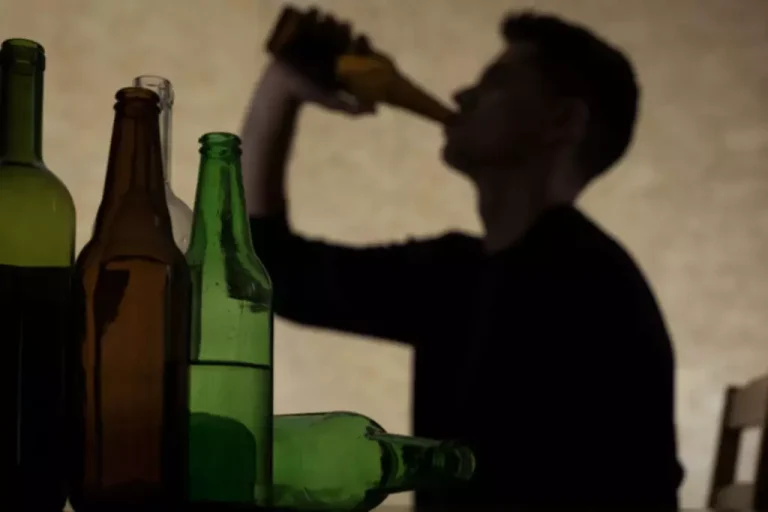
Here are some common addiction myths—and facts—surrounding Substance Use Disorder. By recognizing these misconceptions, society can foster a more supportive and informed approach to addiction and recovery, allowing those affected to seek help without fear of stigma. Avenues Recovery’s professional, highly skilled team have treated countless addicts and heard all the myths there are about addiction.
Myth #6: Medication during detox and recovery is just switching one addiction for another.
While abstinence-based approaches, such as the 12-Step model, have benefited many, they may not be right for everyone. In fact, the impact of substance use on the brain goes beyond mere personal determination. Addiction alters the brain’s reward circuitry, leading to compulsive substance-seeking behavior and impaired decision-making.
- This is no truer than saying drinking alcohol, shopping, playing video games or using mobile phones, sex, or love are signs of despair.
- It’s about recognizing that addiction recovery is filled with misconceptions and working to debunk them one by one.
- It’s where you gain the skills you need to combat cravings, and where you get a taste of what your life can look like without addiction.
- The good news is that family members, friends, and colleagues can find the help they need to take charge of their own lives and maximize a loved one’s chances for recovery.
Five Myths About Addiction (and Why They’re Wrong)

Research indicates that addiction alters the brain’s structure and functioning in significant ways. The following table highlights some of the key differences between a healthy brain and a brain affected by addiction. Avenues Recovery is a community-based drug and alcohol rehabilitation center with locations across the United States. People actively involved in AA often complain that their friends ask them why they are not cured yet since they go to meetings all the time. However, going to treatment is a good sign, a positive step, and an active involvement in disrupting addiction. These FDA-approved drugs are not built to give you a https://ecosoberhouse.com/ high and are safe to use with a doctor’s oversight.
Myth 3: Addiction is solely a lack of willpower.
Of course, alcohol, a legal and widely accepted drug, also happens to be highly addictive. While some can quit after receiving treatment once at a rehabilitation facility, most of the individuals living with substance abuse require long-term treatment and, in certain cases, repeated treatment. However, studies show that those living with addiction still face stigma and discrimination that can impact their well-being and prevent them from seeking help. This myth ignores the complicated chemical changes that take place in an addict’s brain.
Myth: You can’t become addicted to a drug from just one use.
If they knew in advance that recovery requires abstinence, most addicted people would stay home. Meanwhile, if family members and friends wait for them to want help, the addiction progresses to less treatable stages, decreasing chances of recovery. Recognizing these behavioral factors and the influence of brain chemistry helps to challenge the myth that myths about addiction and recovery individuals with addiction merely lack willpower. Understanding the complexities surrounding addiction fosters a more empathetic approach toward those affected. Addiction is characterized by compulsive behavior despite the negative consequences. This behavior is not simply a matter of willpower; it often stems from a range of psychosocial influences and environmental triggers.

Myth: It’s easy to stop addiction; just stop using.

The cocaine epidemic allowed psychiatry to understand behavioral addictions such as gambling, supporting diagnostic and treatment development. Addiction neuroscience has done a great job of identifying brain systems involved in the processes of addiction, withdrawal, and craving. If you’ve tried treatment before, that does not mean it is time to give up. With thousands of facilities across the U.S., finding the right facility can be a difficult process.
- In 2019, approximately 20.4 million Americans aged 12 and older struggled with substance use disorder.
- In reality, relapse can be a common aspect of the addiction recovery journey.
- The myth that abstinence is the only path to recovery ignores the individual needs of people in treatment.
- By dispelling these myths, we create space for a more nuanced, compassionate approach to treatment and support.
- The table above shows the average relapse rates over the initial years of recovery.
